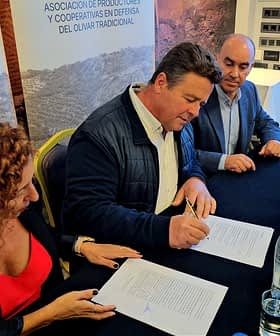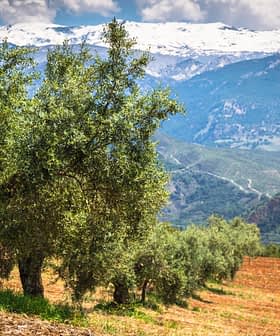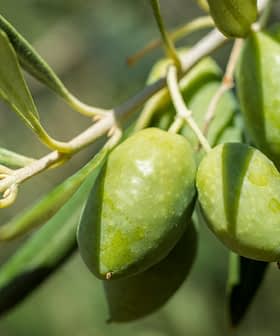 7.9K reads
7.9K readsWorld
Giving New Life to Ancient Olive Trees in Spain
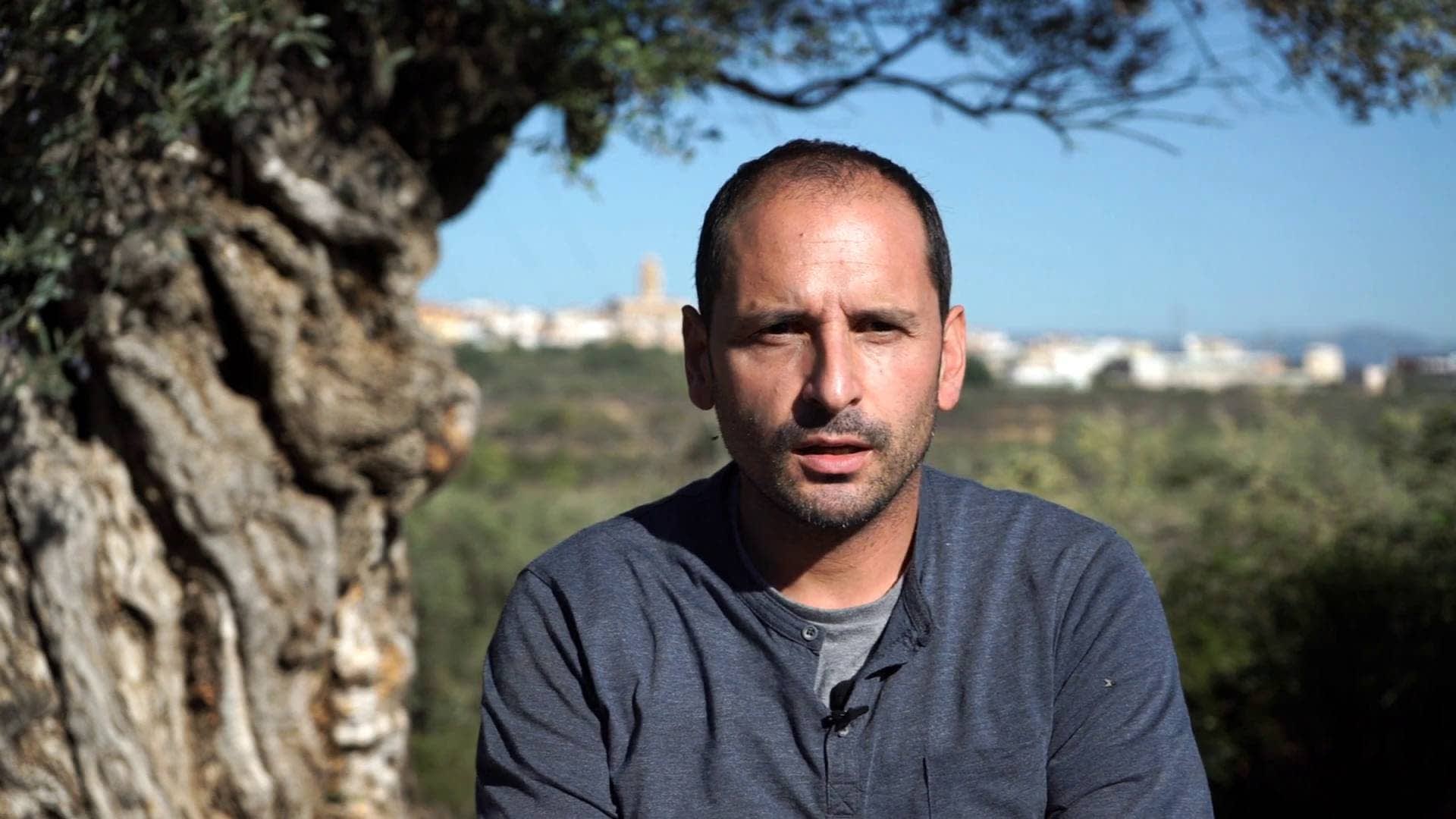
The Sénia region in Spain, located between Barcelona and Valencia, is home to over 4,900 olive trees believed to be over 1,000 years old, with the Taula del Sénia institution conducting an ongoing census of these ancient trees since 2009. The project has led to a newfound appreciation and preservation of these millenary olive trees, with local producers now selling oil from these trees and efforts to create open-air museums in the area.
The Sénia region, halfway between Barcelona and Valencia, is known as the land of millenary olive trees in Spain.
In this stretch of territory of no more than 50km, just a few dozen kilometers inland from central Spain’s Mediterranean coast, there are over 4,900 olive trees believed to be over 1,000 years old.
The Taula del Sénia, a local institution covering 27 municipalities within the Catalonia, Valencia and Aragon regions, started an official census of these ancient trees back in 2009. But this is an ongoing task, as many of them have long been abandoned.
In order to be registered as a millenary olive tree, the diameter of the trunk has to be over 3.5m at a height of 1.3m. A majority of the specimens belong to a local variety of olive trees known as “Farga”
The Polytechnic University of Madrid dated two of these trees with a laser measuring technique. According to that study, one of them, known as “la Farga de l’Arión”, was planted in the times of the Roman emperor Constantine I, more than 1,700 years ago.
The other, known as “la Farga del Pou del Mas,” dates back to the first half of the 9th century, when Islamic Iberia was ruled by the emir Abd ar-Rahman II.
The census has been a key tool in creating awareness of the cultural and economic value of these pieces of heritage that had been ignored, if not neglected, for years.
“Millenary olive trees were forgotten until recent years. Farmers in the area had the opinion that they were difficult to cultivate and that it took longer to harvest them. We saw those trees every day, but we did not pay a great deal of attention to them,” Adell said.
“Our project, Millenary Olive Trees of the Sénia, has changed things a lot. Opinions have dramatically changed. Now these olive trees are loved by locals as their own heritage,” she added.
Millenary olive trees have often been bought and sold as ornamental plants for gardens. Although this traffic was forbidden in Valencia in 2006, it is still legal in Catalonia.
However, the perception of this trade has largely changed in the area.
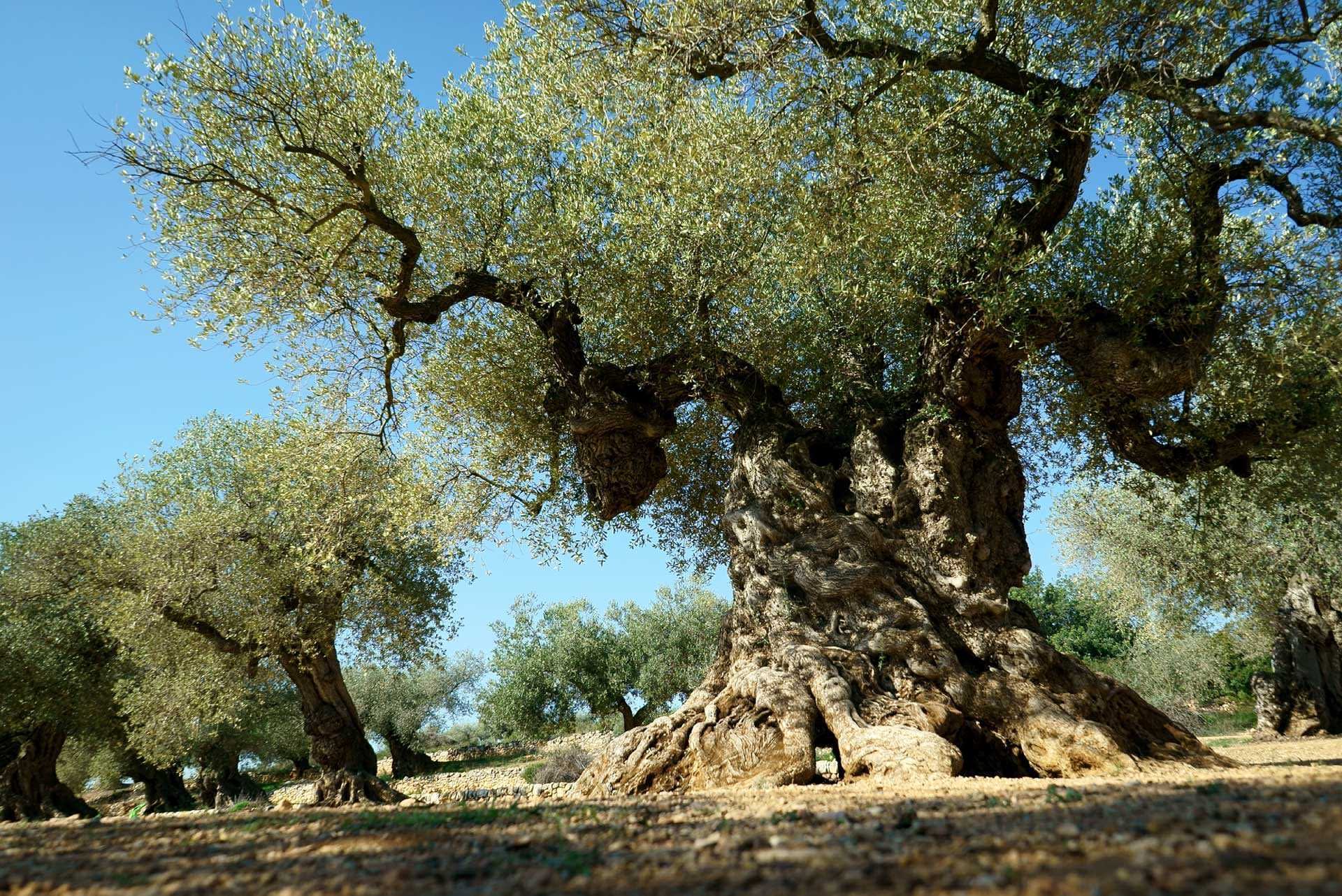
Pablo Esparza
“Our project started because we were worried to see theses olive trees uprooted to be sold. We saw that as a threat as we felt that our heritage was being stolen. Now that trade and pillaging have been very much slowed down. Now it’s a matter of shame as it is not accepted,” Adell said.
In 2016, the trade of millenary olive trees has been the subject the Spanish film “El Olivo” (The olive tree, 2016), by Iciar Bollaín, which depicts the fight of a family to recover a specimen that had been brought to Germany.
But, apart from the acknowledgment of their cultural value among farmers in the area, the growth in the profitability of the oil produced from millenary olive trees has also helped in their preservation.
At the moment, there are eight local producers labeled with the “millenary olive trees’ oil” brand.
Amador Peset, a young man from the village of Traiguera, started recovering millenary olive trees and bringing them back to production four years ago, after losing his job as a carpenter during the financial crisis in Spain.
“At first, people saw me as if I were crazy. It is not normal that a young man starts cleaning and removing weeds from trees that were abandoned. But, when they see there is a way out, that it can have a solution and this oil can be sold, they see you in a different way,” Peset told Olive Oil Times.
The millenary olive trees project has two open-air museums in areas with a special density of millenary olive trees in the villages of Ulldecona and La Jana, and also involves local restaurants using Farga oil on their traditional dishes.


